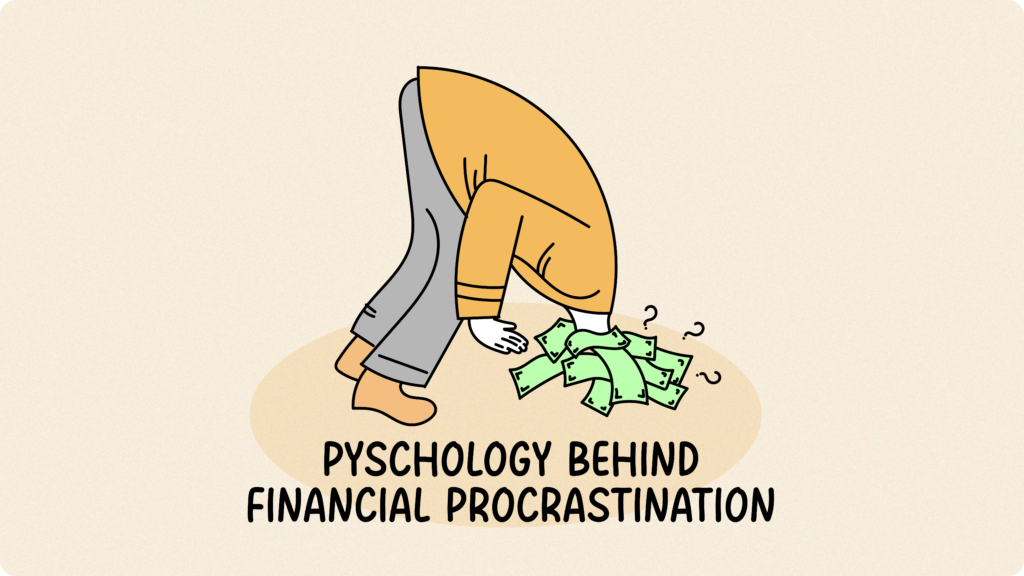Am I the Only One Bad with Money? The Psychology Behind Financial Procrastination

Ever feel like your finances are a mess, and you’re just “bad with money”? You’re not alone, and it’s probably not entirely your fault. Many Americans struggle with financial organization. A survey by Ally Financial found that 45% of us are concerned about our finances, and 46% let emotions influence our spending. Yet, despite this emotional connection to spending, 36% never seek support for managing their money. This highlights a key point: there’s a lot of psychology behind why we struggle. Let’s explore these hidden factors and how you can take control! Table of Contents How Organized Are Your Finances? Take This Quiz to Find Out Ready to see how financially organized you really are? Take a quick look at the list below and check off any of these situations that apply to you. It’s a good way to get a clearer picture of where you stand. Don’t worry, you’re not alone if you checked some of these. But if you marked more than five, it’s time to take a closer look at what’s going on. While it’s common to focus on your work or business, neglecting your finances can create serious problems down the road. Let’s explore the psychological factors that contribute to financial disorganization and learn how to master your money. Bad Financial Organization: What and Why? So what is bad financial organization? It’s more than just feeling “bad with money”—it’s a bunch of habits that slowly eat away at your financial well-being. Consider missed payments, clueless spending, no emergency fund, stress shopping, and that constant worry about debt. These are all signs you’re not in control of your money. Why does this matter? On a personal level, it can lead to a ton of stress, anxiety, and even fights with your partner. But financial messes can have way bigger consequences. Remember Enron? They were huge. But they were also faking it ’til they made it (or, well, didn’t make it). They used all sorts of accounting tricks to hide their debt and make their profits look way better than they actually were. When it all came crashing down, it was a mess – lost jobs, ruined reputations, the whole nine yards. It’s an extreme example, but it shows that messing with finances, whether it’s billions of dollars or your weekly grocery budget, can seriously backfire. And here’s the thing: it’s not always about knowing the right formulas. Sure, understanding finances is important, but there’s often more going on. Things like fear, avoidance (who wants to look at those bills?), impulsive spending, and even money habits you picked up from your family can play a big role. These hidden influences can totally wreck your best intentions. So, if you’re struggling, it’s not just about learning how to balance a checkbook, It’s about figuring out why you do the things you do with your money. Let’s explore the psychology of bad financial organization and see what’s really happening. The Psychological Roots of Bad Financial Habits Here are some common psychological factors that influence our finances: Breaking the Cycle: Taking Control So, you’ve discovered that your brain isn’t always rational when it comes to money. Acknowledging the problem is the first step. Now, think of yourself as a machine. Even with the same “input” (financial challenges), changing your operating system (financial habits) can lead to a much brighter financial future. It’s like upgrading your software – you can handle the same stuff, but way more efficiently. Here’s your user manual for the upgrade: Next time you feel like you’re “bad with money,” remember the psychology behind it. You’re not alone, and you can take control. Ready to get started? Schedule a call with us – we can help you develop a plan and conquer those financial challenges.